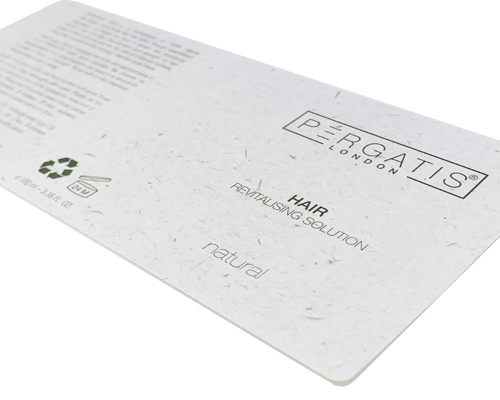What's The Difference Between Biodegradable & Compostable Materials?
 A biodegradable material is classed as any material that will completely breakdown and decompose into natural elements typically within a year. This helps reduce waste build up and contributes to a safer & healthier environment. Compostable materials however, require special conditions in order to break down e.g. humidity & temperature controls. These materials break down into actual usable compost.
A biodegradable material is classed as any material that will completely breakdown and decompose into natural elements typically within a year. This helps reduce waste build up and contributes to a safer & healthier environment. Compostable materials however, require special conditions in order to break down e.g. humidity & temperature controls. These materials break down into actual usable compost.
What Are These Materials Suitable For?
 Biodegradable and compostable labels are suitable for a wide range of applications. Fresh food packaging, cosmetic products, wine, gin and spirit labels, promotional labels, candle labels, bottle labels, ice cream labels, health care labels, recycling labels and sandwich labels. If you are not sure whether these materials are suitable for your design you can speak to a member of our team who will be happy to advise.
Biodegradable and compostable labels are suitable for a wide range of applications. Fresh food packaging, cosmetic products, wine, gin and spirit labels, promotional labels, candle labels, bottle labels, ice cream labels, health care labels, recycling labels and sandwich labels. If you are not sure whether these materials are suitable for your design you can speak to a member of our team who will be happy to advise.
What Are The Benefits of Using Biodegradable or Compostable Labels?
 Biodegradable labels help reduce the amount of waste going into landfill sites, which decreases waste build up and harmful greenhouse gasses. Compostable materials degrade and produce natural resources which can be used to help nourish and fertilise crops, reducing the need to pesticides and chemical fertilisers.
Biodegradable labels help reduce the amount of waste going into landfill sites, which decreases waste build up and harmful greenhouse gasses. Compostable materials degrade and produce natural resources which can be used to help nourish and fertilise crops, reducing the need to pesticides and chemical fertilisers.